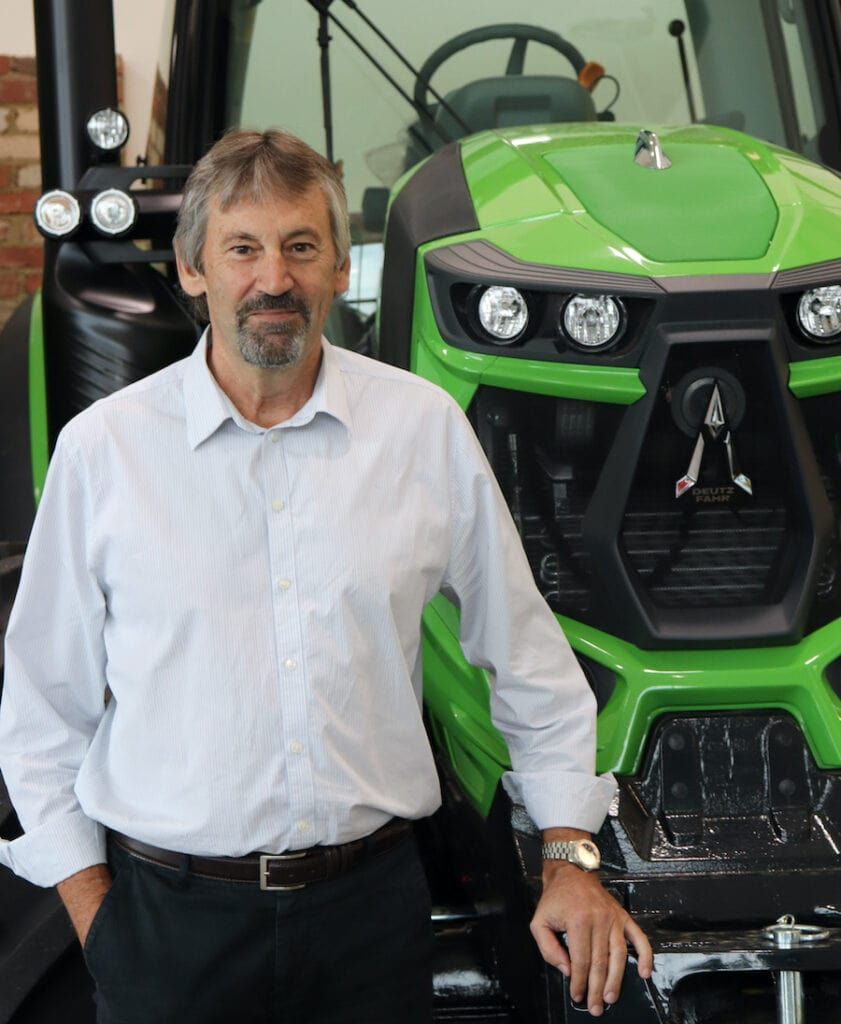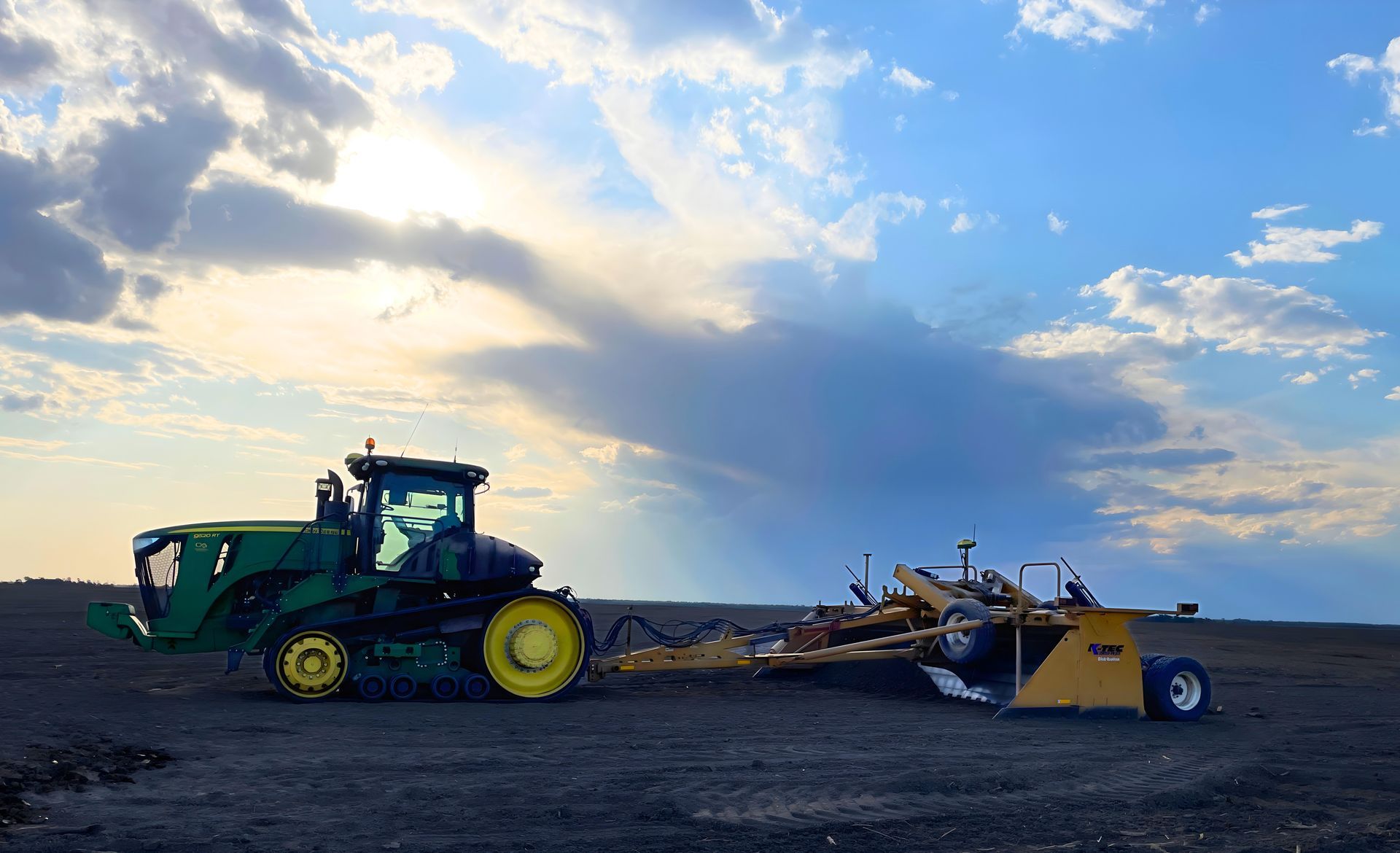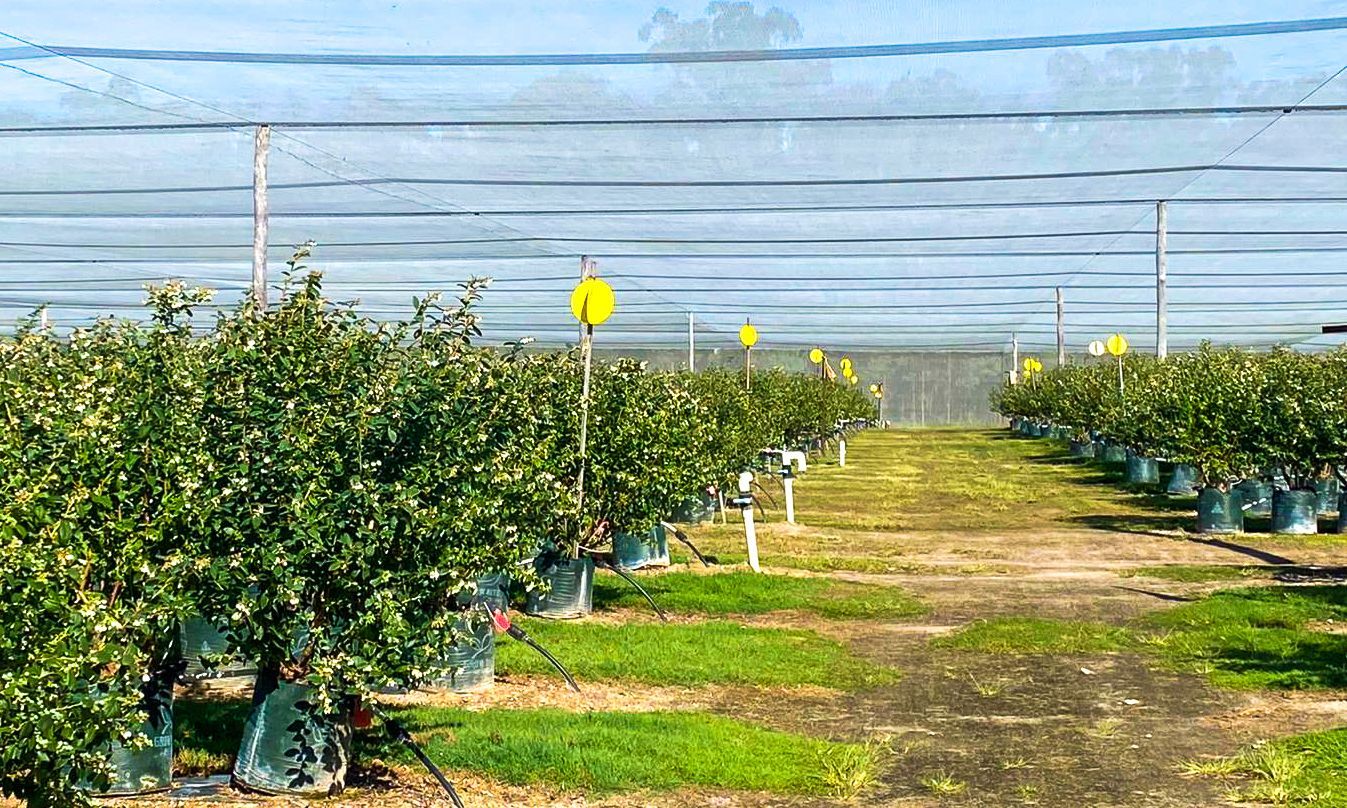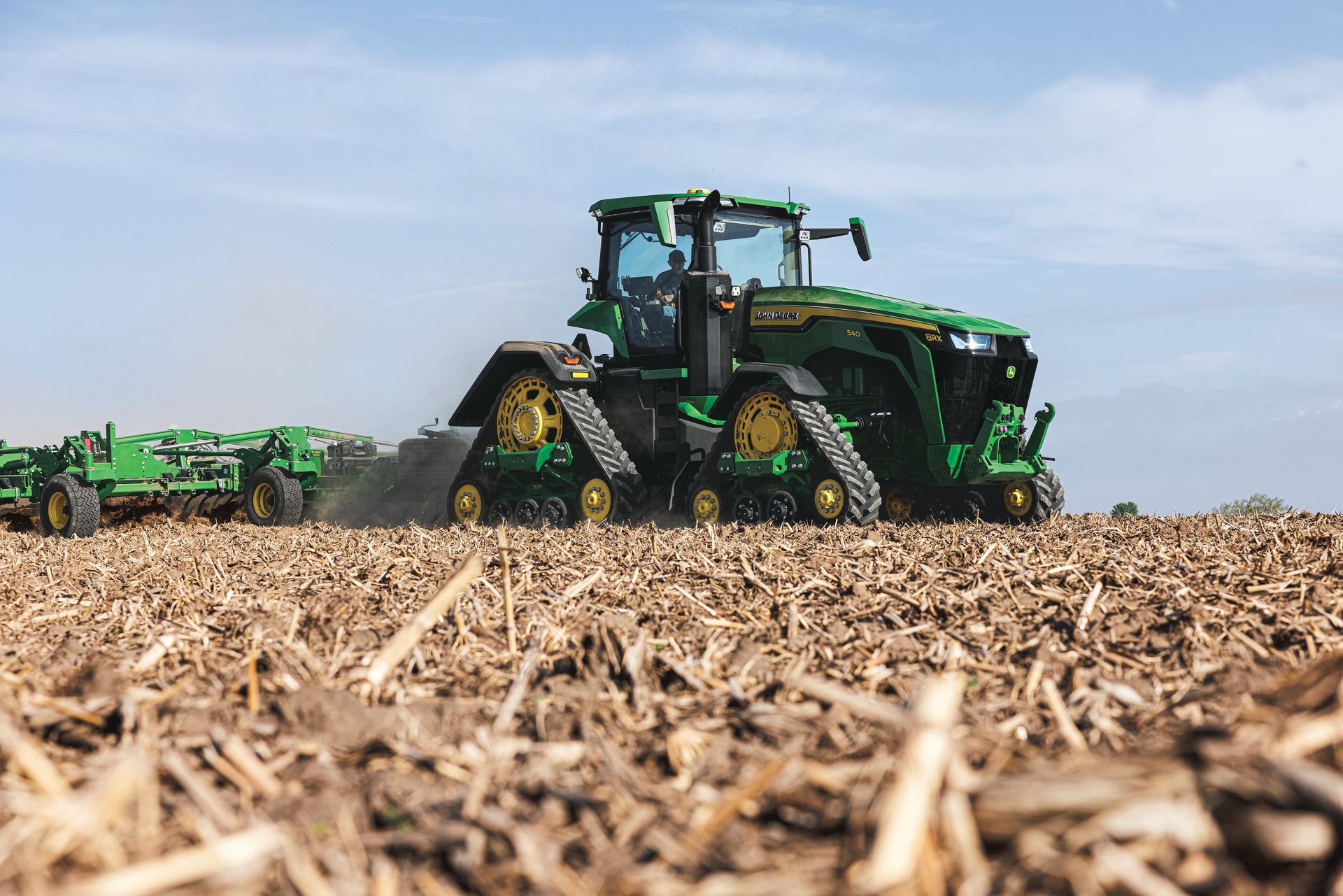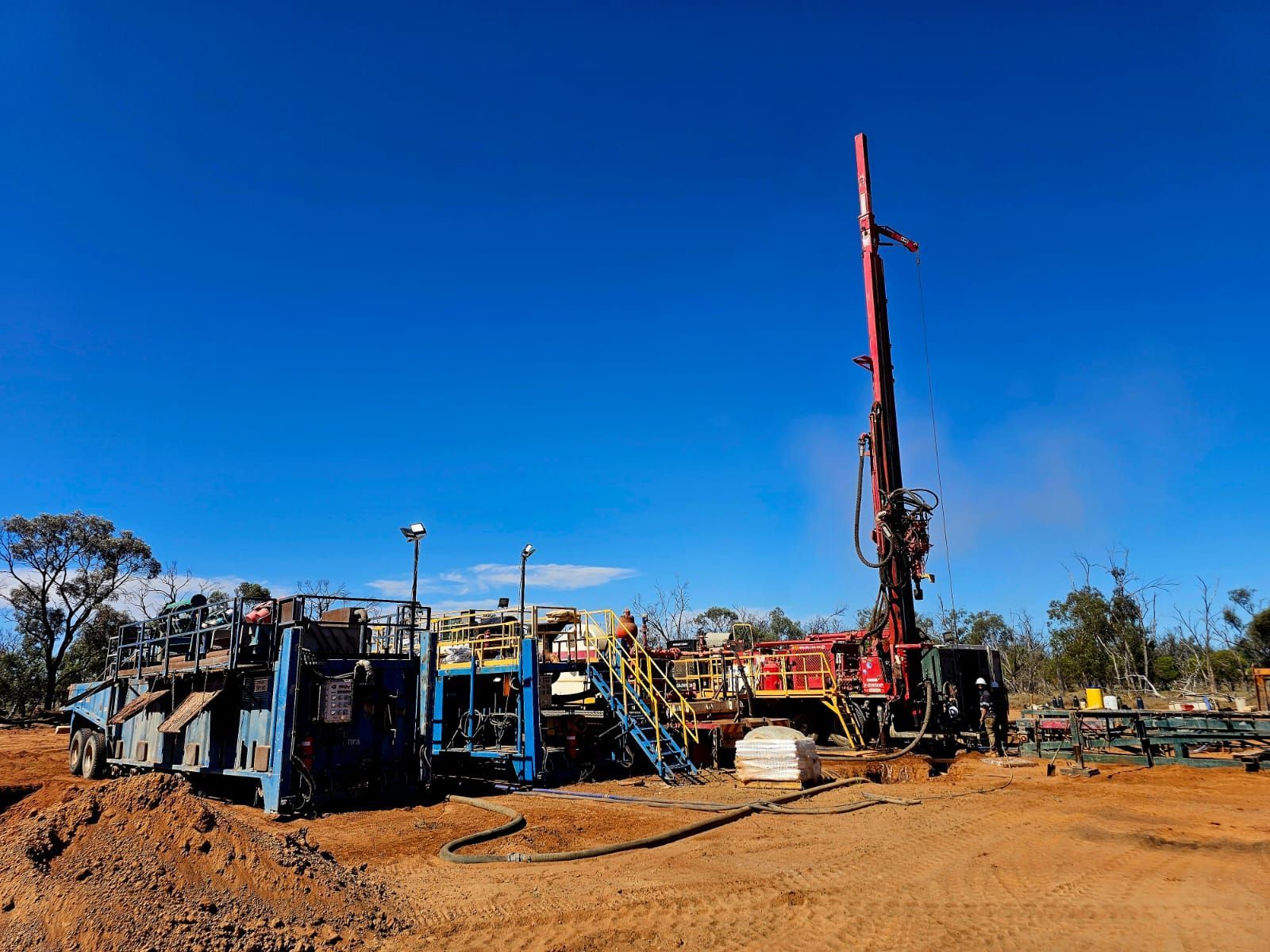Gary Northover, Executive Director Tractor & Machinery Association of Australia
Dealers: essential partners in agriculture, not just middlemen
A discussion point has been raised recently about the value proposition of machinery dealerships which provoked an interesting reflection on what dealers actually bring to the industry, and indeed the broader agricultural economy. Viewing the role of dealerships as simply transactional, fails to recognise the significant value they bring to local communities, industries, and the nation.
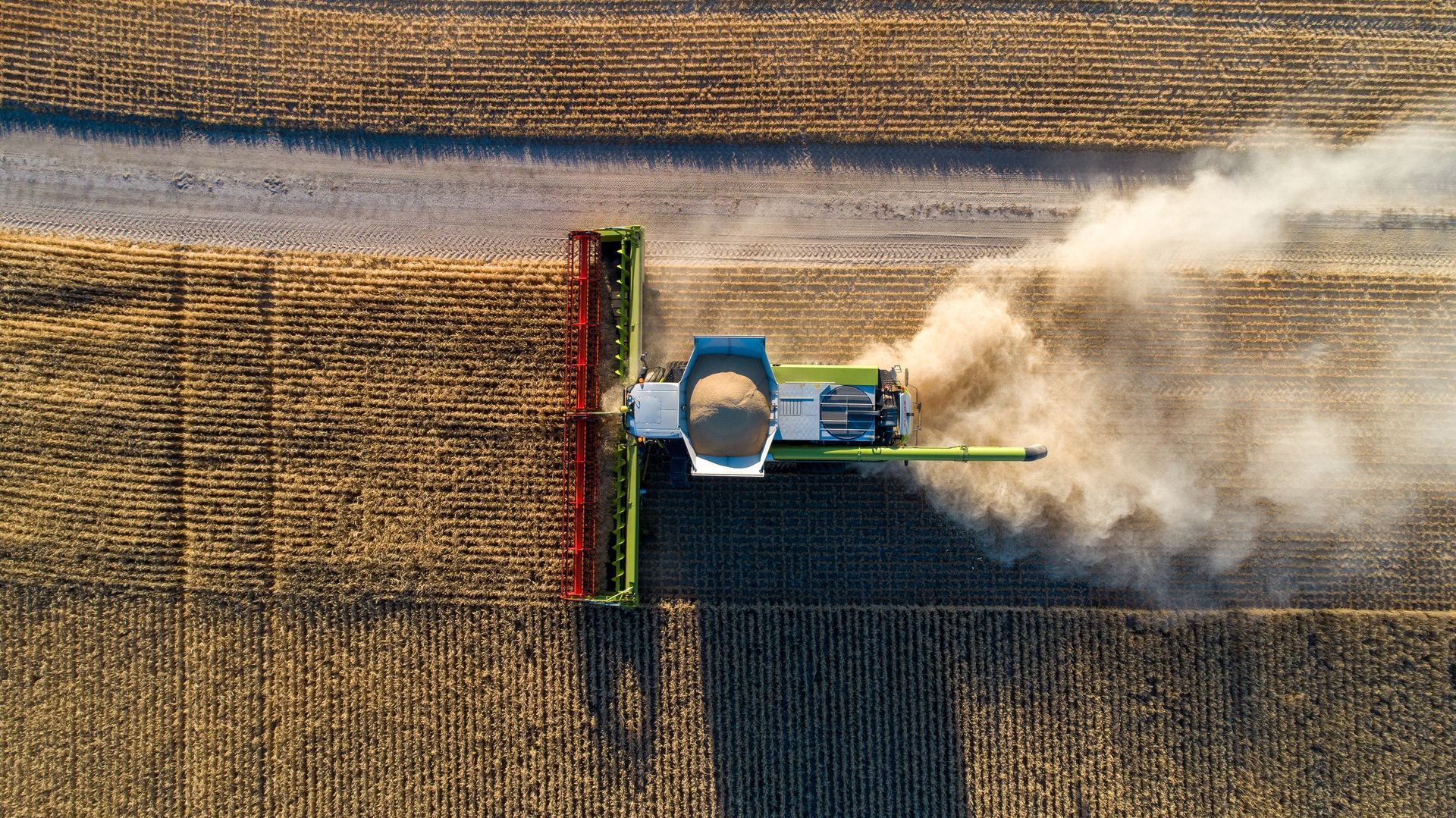
Supporting local communities and providing careers
Dealers are not just intermediaries; they are pivotal employers within local communities. Across Australia, these businesses employ thousands of people in roles ranging from sales and service to logistics and administration. Many of these employees live, work, and contribute directly to the communities where these dealerships operate, fostering economic activity and stability in rural and regional areas. These businesses don’t just employ workers—they create opportunities for families to thrive in rural areas, sustaining communities that are increasingly under pressure from urbanisation and corporate consolidation.
Dealerships are among the largest providers of apprenticeships in regional Australia. They train the next generation of mechanics, technicians, and precision farming specialists, equipping them with globally transferable skills. These aren’t just jobs— they’re pathways to expertise that can open doors to opportunities anywhere in the world. This investment in education and career development ensures a pipeline of expertise that supports not just agriculture but also a wide range of industries reliant on skilled technical labour.
Commitment to sustainability and environmental standards
Dealers have also embraced their responsibility to meet community expectations regarding sustainability. Many are actively working to reduce the environmental impact of machinery by introducing electric and hybrid options and promoting equipment that meets stringent European and U.S. standards for engine emissions. This is not just a response to regulatory changes but a proactive effort to align with global trends in environmental stewardship. Plus, these innovations are critical in ensuring farmers have access to equipment that meets both current and future environmental expectations.
Feeding the nation and supporting farmers
While the internet has indeed made information and purchasing more accessible, farming is not a nine-to-five job. Dealers provide unparalleled support that goes beyond the initial sale, including round-the-clock service, parts availability, and expert advice during critical seasons. When a combine breaks down during harvest, it’s the local dealer who dispatches a technician at midnight, ensuring minimal downtime and preventing potential crop losses. This level of service is something no online marketplace can replicate. Dealers don’t just sell machinery—they ensure it keeps running, minimising downtime and keeping farms operational and productive when it matters most. The call for greater pricing transparency is valid, but it’s essential to consider the full value proposition that dealers offer. The cost of maintaining a local presence, employing skilled workers, and stocking a wide range of parts and equipment reflects the essential services they provide. A race to the bottom on pricing may yield short-term savings but risks undermining the infrastructure that supports farmers in the long term.
Conclusion
The term “middleman” often carries a reductive connotation that oversimplifies the critical contributions of dealers. Far from being a source of market failure, these businesses are enablers of success for farmers, employees, and local communities alike. It’s worth noting that many dealers are already adapting to new technologies and market expectations. Online parts stores, remote diagnostics, and precision farming consultations are just a few examples of how dealerships are integrating digital solutions into their operations. Far from resisting change, they are evolving to meet the needs of a modern agricultural economy while maintaining the personal touch and local presence that online platforms cannot replace.


